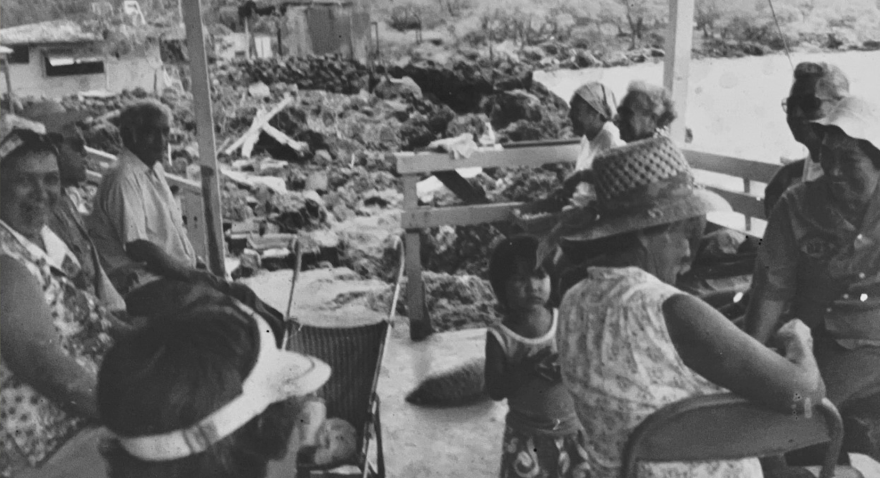Landmark legislation to provide tax relief to families struggling to hold onto their ancestral lands on Maui passed a major hurdle Friday.
The ‘Āina Kupuna Bill would allow descendants who have held onto their family property for the past 80 years to qualify for the minimum property tax rate.
Some long-time Maui landowners say massive growth in tourism infrastructure and the increase in luxury homes have pushed property taxes into the stratosphere. In order to make ends meet, some rent out their land for weddings. Others sold off parts of their properties.
Maui County Councilwoman Tasha Kama says the ‘Āina Kupuna Bill is a gamechanger, especially for the indigenous people of the islands.
"For a long, long time Native Hawaiians, we've always heard the term that we are land rich and money poor. This bill actually allows the opportunity for them to equalize that playing field being land rich and money rich too," Kama said.
The Maui County Council unanimously passed the ʻĀina Kupuna Bill on first reading Friday, Nov. 5.
The measure would add a section to the Maui County tax code creating a land dedication option for ʻāina kupuna or ancestral lands. These are lands held by a family for at least the past 80 years.
Councilwoman Keani Rawlins-Fernandez says the county already has an agricultural land dedication option as well as property tax exemptions for homeowners and long-time rentals.
"And so we’ve encouraged these types of activities. These properties that we’re helping that would qualify for ‘āina kupuna dedication have not been able to take advantage of the tax relief options that our counties offer," Rawlins-Fernandez said.

Rawlins-Fernandez introduced the ʻĀina Kupuna Bill after hearing concerns from long-time Makena families worried about being forced off of their land because they canʻt afford the property taxes. Some of these families have lived on their land since the late 1800s.
"This is one way to close the gap to help those that have fallen through the cracks," she said.
Under the measure, families would dedicate their land for 10 years for a specific purpose and agree not to sell it. In exchange, the county would levy the minimum property tax, which is currently $350 a year.
Maui County Council Chairwoman Alice Lee calls the measure “historic.”
"It seems like my purpose on Earth is to come back every 30 years to take part in landmark legislation," Lee said. "The first time in the 1990s, I introduced a bill that would allow taro farmers to consolidate their parcels and allow them to pay their property taxes once instead of multiple times. And now again we have the opportunity to take part in landmark legislation that is badly needed for our people."
The ʻĀina Kupuna Bill will go before the Maui County Council for a second and final reading. In the meantime, Maui County’s Real Property Tax Division is collecting information from families interested in applying.
Interested property owners should email the division at rpa@co.maui.hi.us to request to be placed on the ʻāina kupuna application mailing list. The email should include the applicant name, tax map key (TMK) and a mailing address.





